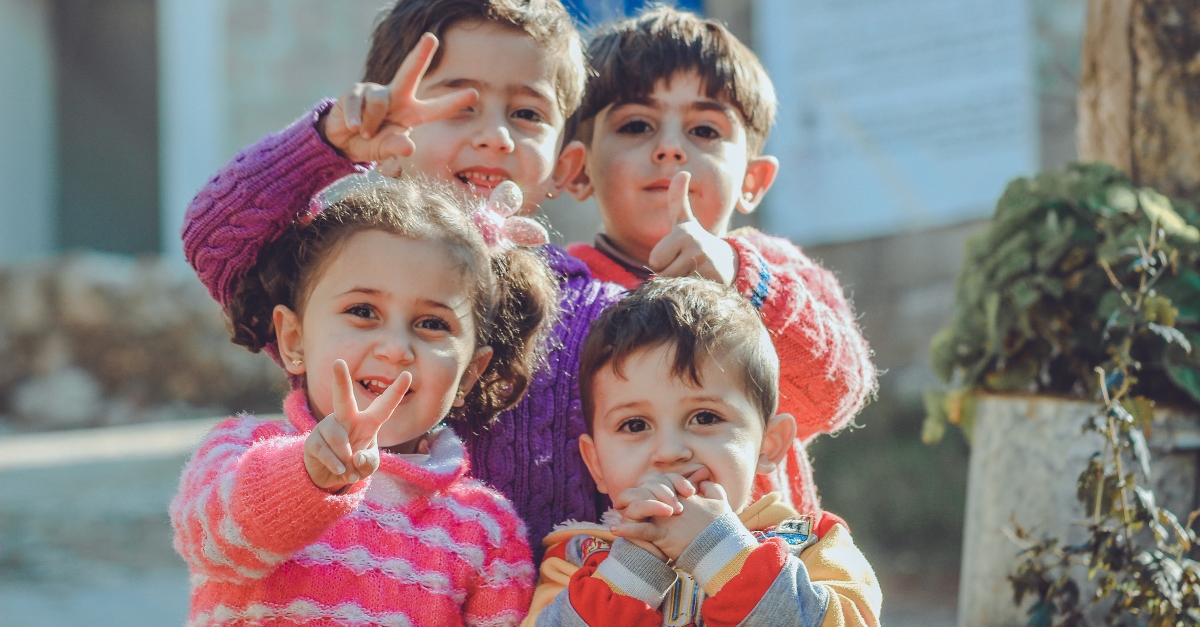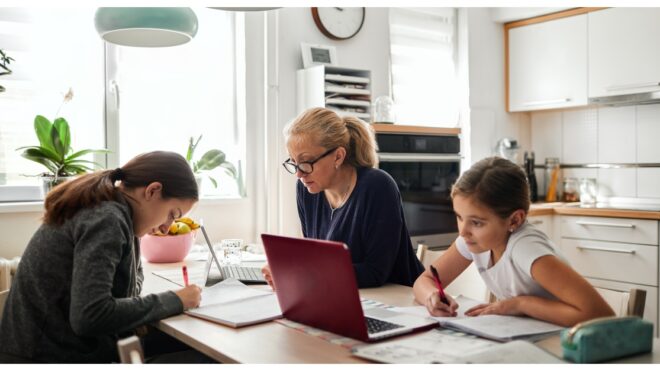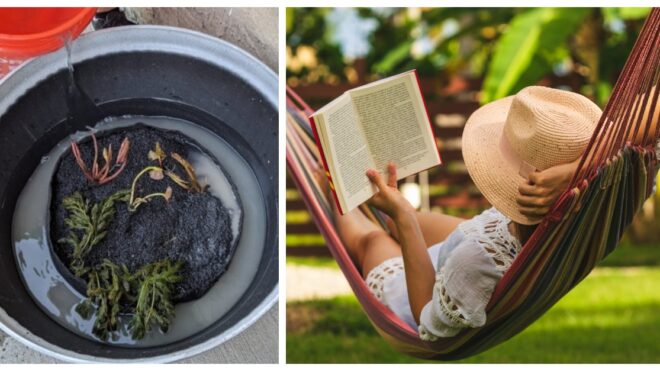
What the world is going through right now is a lot. Adults are struggling to figure it out, as nothing like this has happened in our lifetimes. As we do so, children are doing the same. Depending on how old your kids are, they may not know much about what's going on right now. There are a few things that haven't escaped them, however. They notice the playdates and birthday parties that aren't being celebrated. They notice how long it's been since they were in school or day care. Most importantly, they notice you as a parent trying to adjust to the situation. This can all be tough on kids. Depending on your child's history and personality, they may not be the easiest to get to open up about their feelings. Thankfully, many organizations offer tools that help us prioritize our children's mental health throughout this experience. Here are some of the resources available to help you check in with your kids.
Centers for Disease Control (CDC)
The Centers for Disease Control and Prevention is working to help our entire nation be informed and cope with this crisis. When it comes to kids, the CDC offers a simple fact list to help you answer questions your kids may have.
There's also a list of tips for considerations to make when talking to your kids, such as avoiding language that might lead to stigma and paying attention to the nature and content of the messages sent by the media they consume.
National Association of School Psychologists (NASP)
The NASP has countless resources dedicated to helping families throughout this time. The association covers both emotional and educational needs. It's a great resource for parents of special education students as well, as it offers information about continuing or handling disruptions in services virtually.
Child Mind Institute
The Child Mind Institute is dedicated to helping families handle the many complications that social distancing and closures have presented. Its resources help children cope with the anxiety this situation can bring on. The CMI also provides materials for families of autistic children and behaviorally challenged children.
Common Sense Media
Common Sense Media's coronavirus resources help you address all areas of your child's life, making it easier to keep your child educated and entertained. Most notably, the nonprofit offers a list of apps that can help manage different areas of your child's mental health.
Mom.com
Mom.com offers support to moms everywhere adjusting to the new normal. Get advice on how to keep your own mental health in check while also learning the signs to pay attention to in your children.
Remember, moms, you've got this! You're a big part of making your kids feel secure, so it's OK to take time for yourself, too.
Substance Abuse and Mental Health Services Administration (SAMHSA)
Many families are dealing with substance abuse issues in addition to mental health issues that may be exacerbated during this time. Whether it's the child of an addict or a child struggling, the Substance Abuse and Mental Health Services Administration has resources to help address the issues specific to those situations. The SAMSHA also has a Disaster Distress Helpline for immediate emergencies.
PBS Kids
PBS Kids has a lot of wonderful resources available for helping kids understand what's going on. The site has tips for how parents can make the conversation work best for their family. There's also content built around PBS' most popular characters, such as Sesame Street and Daniel Tiger, that makes the situation easier to explain.
NPR
National Public Radio education reporter Cory Turner asked experts what kids might want to know about the coronavirus. He talked to Tara Powell at the University of Illinois School of Social Work, Joy Osofsky at the LSU Health Sciences Center in New Orleans, and Krystal Lewis at the National Institute of Mental Health. From there, NPR created a comic strip to easily present the information to kids. The comic is available in English, Chinese, and Spanish.
BrainPOP
This animated educational site has developed a video to help kids understand the coronavirus. BrainPOP also offers equally digestible videos about other related topics that can help children develop a wider understanding of them.
The Clay Center for Young Healthy Minds
The Clay Center for Young Healthy Minds aims to raise mental health awareness through education. Some of its coronavirus resources are available in Chinese and Spanish. The center also offers a quick 10-minute mental health check-in podcast.
The Village for Families & Children
The Village for Families & Children is dedicated to providing a range of services for behavioral health, early childhood and youth development, substance abuse treatment, and support for children, families, and adults in the Greater Hartford, Connecticut, region.
The Village's online resources bring its expertise to the rest of the country, and we're better for it. It also compiles resources from across the internet to give you a lot of helpful information.
ACEs Connection
The Adverse Childhood Experiences Connection examines healing childhood trauma through a scientific lens. At this time, its resources include social and emotional learning for families as a whole. ACEs also tackles the issues of racism during the crisis in a way that all families should explore.







